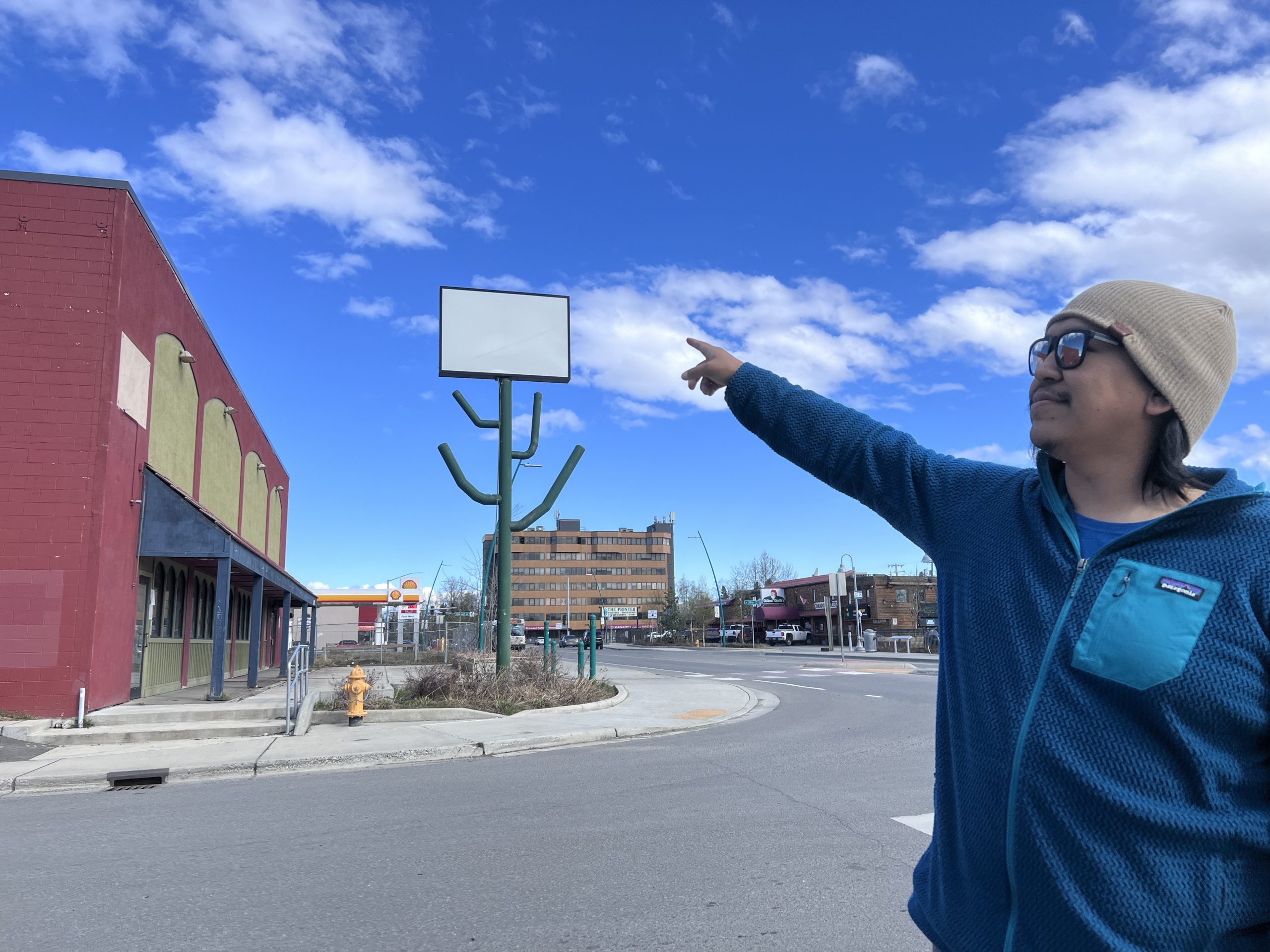Podcast: Play in new window | Download | Embed
The US Bureau of Reclamation has awarded two communities in South Dakota with grants to help with water projects.
Kathleen Shannon has more.
Nearly $13 million in WaterSMART Drought Resiliency grants are slated for projects in Eagle Butte and Day County.
The Mni Wašte Water Company, run by the Cheyenne River Sioux Tribe, will receive $2.8 million to pipe water ten miles northwest of the community to supply 17 existing residences and 20 being constructed.
Leo Fischer, executive director of the Mni Wašte Water Company and enrolled member of Cheyenne River Sioux Tribe, said the water company started planning this project in 1993 and, in the meantime, the people living there have had to haul their water.
“It’s more of a pain than it is anything, because you haul it in the back of a vehicle. In the wintertime, everything freezes up.”
Piped water is important in the region, because area groundwater wells are of poor quality, must run deep into the ground and have proven unreliable.
To the east, the WEB Water Development Association is slated to receive nearly $10 million to build about 40 miles of pipeline, supplying more than 700 people with drinking water in the city of Waubay and in rural Day County.
The Bureau of Reclamation has made WaterSMART grants in 11 states this year.
 “Fancy Dance” is premiering this week in select theaters before streaming on Apple TV+.
“Fancy Dance” is premiering this week in select theaters before streaming on Apple TV+.
The film follows Jax, played by Lily Gladstone, who is searching for her missing sister Tawi, while she also cares for her niece Roki, played by Isabel Deroy-Olson, on the Seneca-Cayuga reservation in Oklahoma.
We talked to Gladstone about the film raising awareness of missing and murdered Indigenous people.
Gladstone says the film is bringing the issue to a larger scale by finding a home with Apple.
“You’re hard pressed to find any Indigenous person that’s not touched by this epidemic.
“We all know somebody, we’re all close with somebody, we’re all close with somebody who was close with somebody. So it’s nothing new to us, but I know that with Killers of the Flower Moon coming out last year, it was a bit of an introduction of this deeper history to a larger audience.
“And one of the things that came out of it, at least from my view, when you know, I was spoken to because of the character I was carrying and that the woman I was portraying and that people were left wanting more of her story, more of her sister’s story. And while Fancy Dance was, it premiered 10 months prior to Killers of the Flower Moon at Sundance in January that same year. It reached audiences first, although a smaller audience.
“By the end of the year after Killers had come out, people were talking about how they felt like these films needed to be seen in tandem.”
Gladstone says the film addresses missing and murdered Indigenous people in a compassionate way.
“When the audience is invited into the story, I think it’s a very important way to approach this issue because we don’t show any bodies being brutalized. It’s not about the ins and outs of the case. Nobody’s trying to prove Tawi’s humanity. It’s you learn about her and how missed she is, how valued she is, how loved she is by her absence and by the people who miss her you see what happens in reality, that it’s women and people from our own communities who take up the grassroots initiative to search for our missing relatives.
“When the jurisdiction falls with the FBI, they’re not the ones that are taking the necessary action. So it’s a way of learning about this epidemic in a very compassionate way, a very inside out way. You learn about the inequities, the obstacles the characters face.”
Fancy Dance premieres Friday in select theaters before streaming on Apple TV+ on June 28.
Get National Native News delivered to your inbox daily and stay up-to-date on the 2024 Native Vote. Sign up for our daily newsletter today.



 The Assembly of Manitoba Chiefs is commending the announcement by the province to take preliminary steps to begin the search of the Prairie Green Landfill for the remains of Marcedes Myran and Morgan Harris.
The Assembly of Manitoba Chiefs is commending the announcement by the province to take preliminary steps to begin the search of the Prairie Green Landfill for the remains of Marcedes Myran and Morgan Harris.














